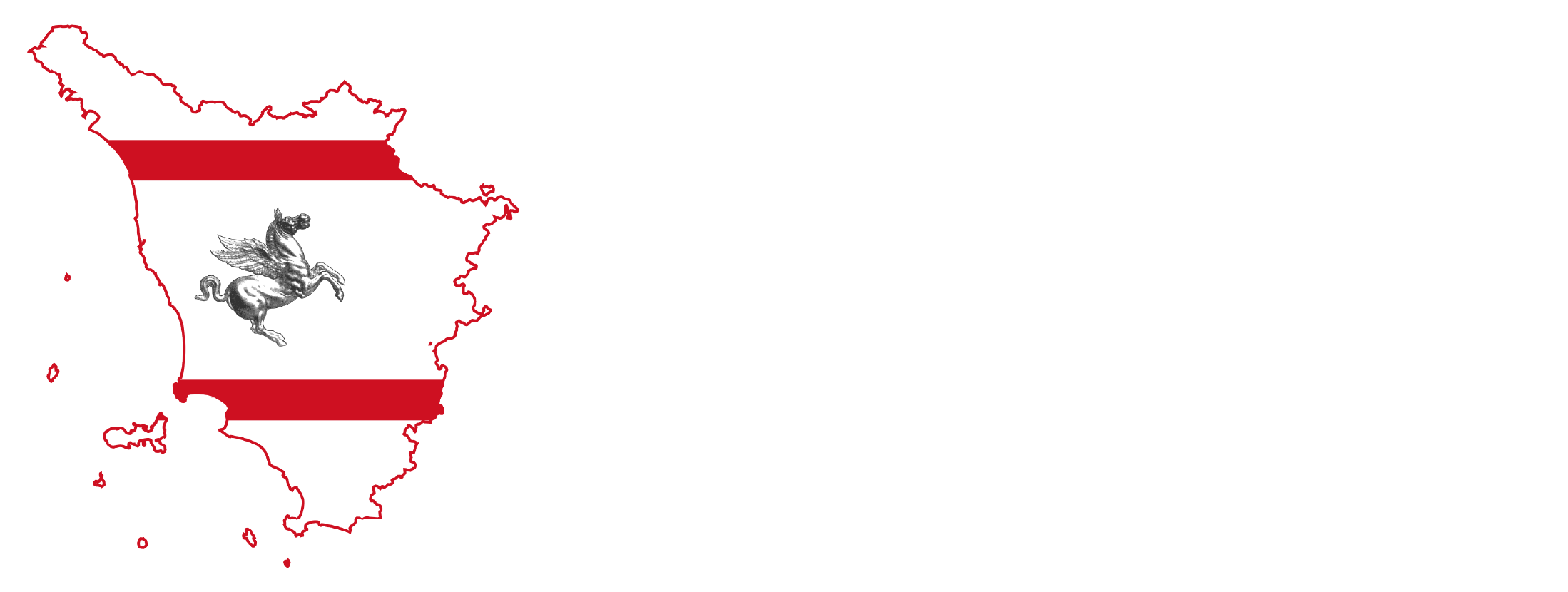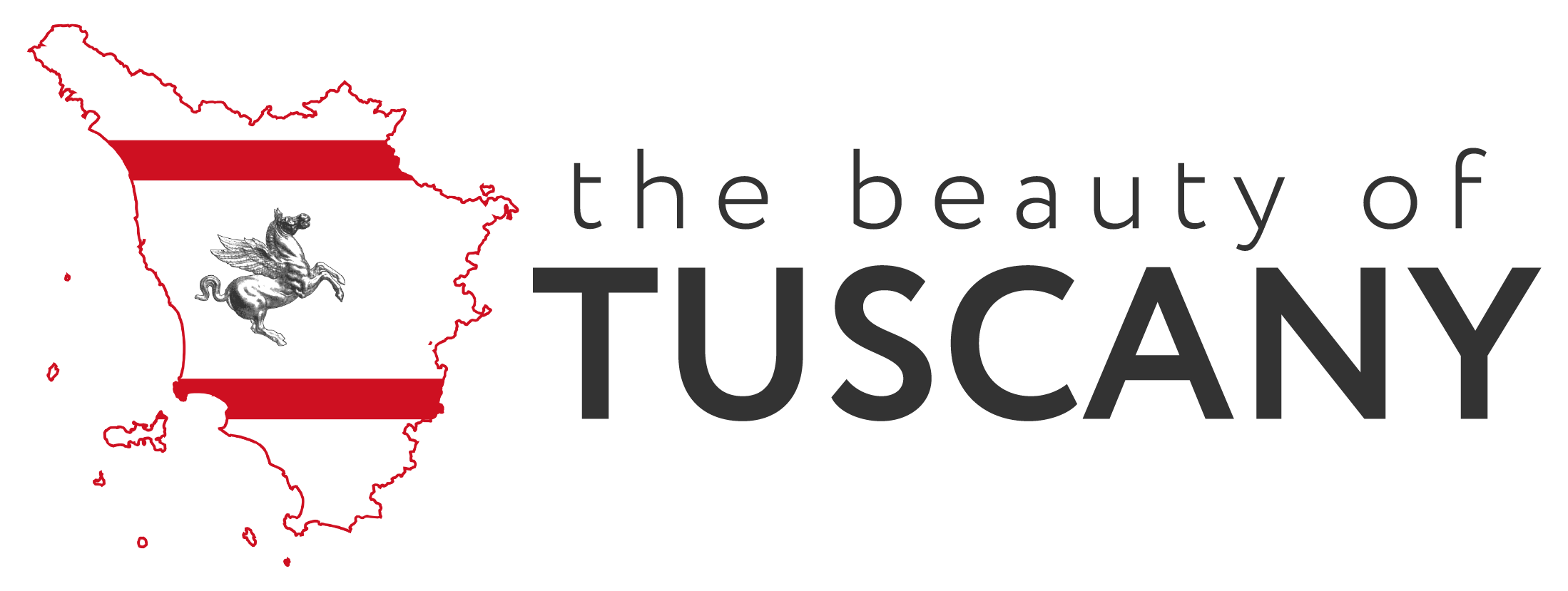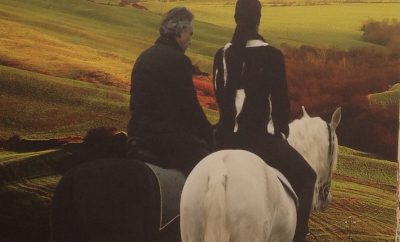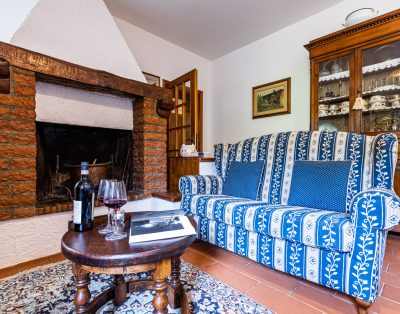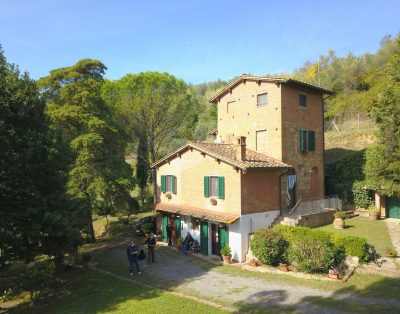Lucca
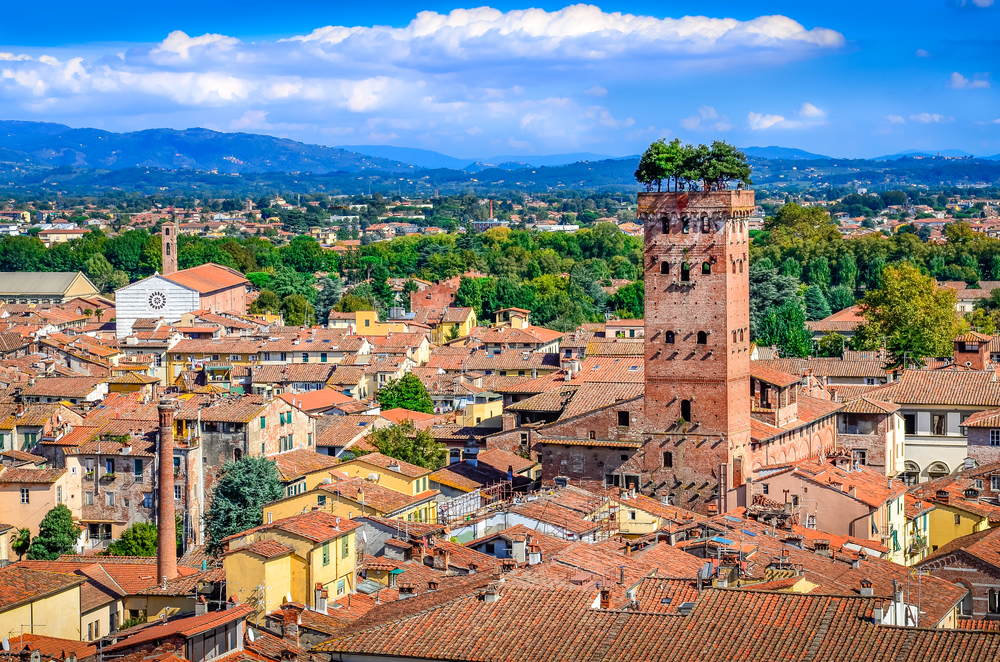
Lucca is a beautiful city with narrow cobbled streets and several cozy piazzas. It is one of the richest and best preserved cities in Tuscany. The city has a population of roughly 90,000 people.
The city is surrounded by a wide 4.2-kilometer-long city wall. It is nice to ride a bike around the wall (there are many places to rent a bike around the city), although many also choose to walk the route.
The whole city is very walkable and is filled with places of worship and elegant palaces, which may be seen along the Via Fillungo. Due the low vehicular traffic within the city walls, the atmosphere is calm and relaxing. There are many places where you can just sit and enjoy the surroundings. Lucca is a mecca for those who like to enjoy life, and there are enough attractions and sights for you to spend several days here.
History and culture
If you like music, you should definitely consider visiting Lucca. The city is proud of its rich musical heritage and traditions. The composer Giacomo Puccini was born and raised in Lucca , and baptized in the Santi Giovanni e Reparata church. He debuted as a composer at the age of 19. As a young boy, he played the organ in the Cathedral of San Martino, and while studying at the musical institute Pacini – later renamed to Boccherini – he performed at the Giglio theater as an accompanying pianist. Several statues around the city depict him, even at his birthplace, which has been restored and turned into a museum containing the original furniture from his formative years, as well as music, documents, paintings, and memories. At the beginning of the last decade of the nineteenth century, Giacomo Puccini moved to Torre del Lago. With the income from his early successes, he built a villa in 1899. Here he spent his life between composing, hunting, and spending evenings with friends.
The villa is now the home of the Villa Puccini Museum. In the villas chapel is Puccini’s burial place. Puccini’s name was added to the original name of Torre del Lago in 1983. During the summer, the festival named after him, offers the lyrical titles of the genius of Lucca, in a spectacular and impressive open-air theater, built on the shores of the lake. Since 1930, the Foundation Festival Pucciniano has hosted the largest opera festival in Italy and is the only festival in the world dedicated to Giacomo Puccini. In the extraordinary surroundings of the theater in Torre del Lago you will hear the great works of the Maestro: Turandot, Tosca, Madame Butterfly and Triptych.
The historic downtown has its center in Duomo. The chime from the bell tower of Duomo inspired the famous poem L’ora di Barga by Giovanni Pascoli, who lived in the village of Castelvecchio Pascoli for a long time. His previous house is now a museum.
Lucca’s silhouette was characterized by dozens of towers during the Middle Ages, but only a few remain. You can climb up in two of the remaining towers, something we suggest you consider while in town. Torre Guinigi has an amazing view over the city and the beautiful landscape. It is a typical example of a local Romanesque-Gothic architecture. The tower is 45 meters about the ground with 232 steps to reach the top. It was built during the 14th century, when a number of wealthy families built bell towers within the walls as a symbol of status. Torre delle Ore (the Bell Tower) is the second tower, and the tallest of the remaining towers. It has served as the city’s bell since the 14th century. We suggest going to the top of the bell tower and look down on the wall and the narrow streets from the highest point of the city.
Many of the streets of Lucca lead to the piazzas, which are the city’s social centers. Wherever you look, you will see historical monuments.
Piazza San Michele in the center of Lucca has played an important role in the life of this city for almost 2000 years. Today, both the city’s tourists and its residents come here to visit and explore the square’s restaurants, medieval buildings, and market. The city has about 100 churches, but the Church of San Michele is the one that stands out. The square is named after the Church of San Michele in Foro from the 12th century, which towers over the piazza.
Piazza dell’Amfiteatro is another piazza in the city. It was originally a Roman amphitheater some time during the second century , and the piazza was built on the remains of the amphitheater. It is one of the most unique squares in Italy and is located in the old heart of the city. It is called Piazza dell’Amfiteatro – or “del Mercato” – with its fifty-five arches, and new buildings have gradually been added since the Middle Ages. The plaza is now filled with pleasant restaurants where people can relax and enjoy delicious food and drinks.
You should visit the 17th century palace Palazzo Pfanner. . It is famous for its beautiful art, gorgeous garden, and classical music concerts. The palace was originally built by the wealthy Moriconi family during the 1660’s. If you like classical music, we suggest buying a ticket to one of the concerts with chamber music in the series Sounds of Lucca, which takes place in the city every September and October. Palazzo Pfanner is located within a walking distance from both Piazza San Frediano and Via Fillungo. The palace and its garden are open to the public between March and the middle of November.
If you prefer more rock and pop music, follow the crowds to Piazza Napoleone. Some of the biggest pop-music names perform here every year during the annual Lucca summer festival.
Shopping
Lucca offers many small stores with exclusive clothes, shoes, and purses. You will also find several delicacy stores, butchers, and wine shops. You will find meat, cheeses, oils, vegetables, and fruits of the highest quality.
Via Fillongo is one of the main streets in Lucca where you will find many stores offering all kinds of goods, well mixed will small and cozy eateries. Squares and piazzas such as Piazza Antelminelli or Piazza Grande regularly host street markets. We suggest you try them. Once a month, year-round, an antique market is held. All the streets and squares of the city are filled with booths. . The nightlife in Lucca is very nice, with mostly smaller bars and small music clubs.
Food and wine
The cuisine of Lucca stems from history and ancient recipes, with Lucche specialties made from local ingredients and delicacies that have been made for generations. Local sausages and pasta, cheese from the mountains sheep’s around Lucca, olive oil and local wines. The local restaurants in the town are great, and if you want to go to the vineyards nearby there are several to choose from.
There are many restaurants in Lucca, but do not follow the tourists. Look for restaurants where you will find Italians. Those are the places where the food is definitely the best. Da Giulio is a trattoria with good food and great service at a reasonable price. If you want to eat in a more exclusive place, Buca di Sant`Antonio is a good choice. It is located in the street Via della Cervia.
Transportation
Lucca is located 85km (53 miles) west of Florence , and you can easily get to Lucca by train. The train from Pisa takes roughly 30 minutes and are scheduled regularly. The train station in Lucca is located right outside the city walls, which means it is only a short 10-minute walk to the historic downtown. If you prefer arriving by car, parking is no problem as there are large parking spots along the road around the wall. It takes less than an hour to drive from Pisa to Lucca. If you like good food and wine, relaxation and a leisurely city walk, you will definitely like Lucca. This town is also an excellent base for exploring the Tuscan countryside during your holiday.
